It all begins with an idea.
Great ideas, work, and stories delivered memorably are acts of generosity that can have immense impact on our communities, cities, and the world.
Filter by Tags
- Chicago 40
- Minneapolis 16
- Science 16
- Innovation 15
- Technology 13
- Community 12
- Equality 12
- Health 12
- Life 11
- Relationships 11
- Design 10
- Social Justice 9
- Youth 9
- Climate Change 8
- Mental Health 8
- Community Organizing 7
- Global Issues 7
- Psychology 7
- Sustainability 7
- The Arts 7
- Energy 6
- Personal Growth 6
- Urban Design 6
- Work 6
- Biotech 5
- Healing 5
- Transformation Stories 5
- Women 5
- AI 4
- Architecture 4
- Cities 4
- Communication 4
- Social Impact 4
- Violence Intervention 4
- WTTW 4
- Activism 3
- Brain 3
- Computing 3
- Humor 3
- Nanotechnology 3
- Quantum Physics 3
- Travel 3
- Accessibility 2
- Civic Design 2
- Climate Action 2
- Education 2
- Family 2
- Food 2
- Government 2
- Joy 2

AI uses too much energy—nanotech is the solution
Mark Hersam is a nanotechnologist who believes that understanding materials at the shortest of length scales can provide solutions to the world’s largest problems. Using an interdisciplinary approach at the intersection of neuroscience and nanoelectronics, Hersam presents a solution to the greatest societal threat posed by AI.

Revealing our brain’s super-listening powers
Are you listening more, but enjoying it less? In “Your Brain Hears More Than You Think,” Dr. Roger Dumas invokes The Doors and Sir Arthur Sullivan in his warning of digital audio’s Dark Side. He also offers hope in the form of cutting-edge technology that will forever change the way you hear music. He met John Lennon. He taught Prince how to program Synth. He was on the team that composed Funkytown. The work he wants to debut on the TEDx stage thrills him even more and will bring insights into how we subconsciously consume sound from the great artists we admire - the brain's relationship with music.

How Deep Brain Devices Open New Research into Brain Diseases
How do we find out what's going on in the brain, so that we can help people with brain disorders? Adding brain-sensing circuitry into deep-brain stimulation devices enables new scientific research into chronic brain diseases and allows prototyping of advanced approaches to manage patients' symptoms. This talk will describe a new investigational device developed to probe more deeply into the day-to-day function of the brain in patients suffering from debilitating brain diseases. This technology may allow clinicians and scientists to discover new paradigms for managing these diseases and their symptoms.








